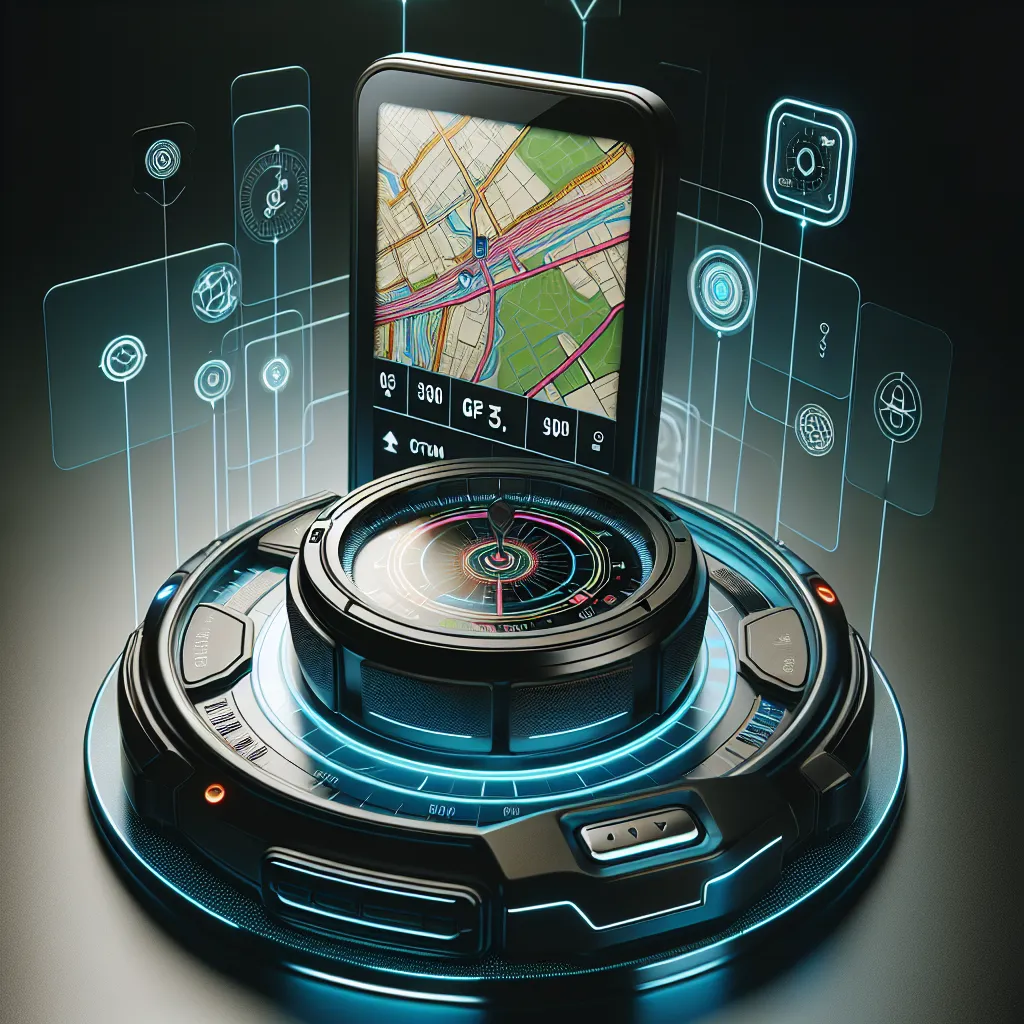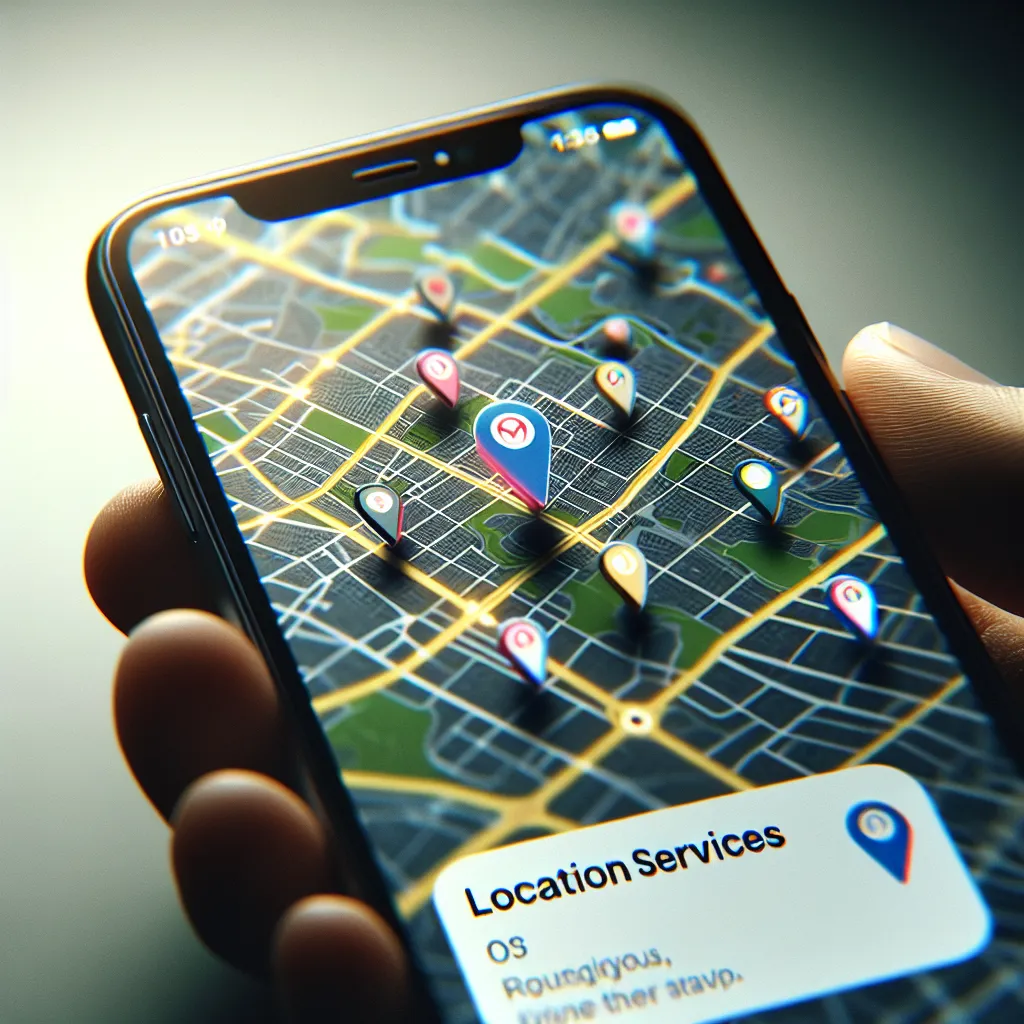The Impact of Personal Tracking Devices on Privacy
Privacy concerns have become a prominent issue with the widespread use of personal tracking devices. These devices, ranging from fitness trackers to location-sharing applications, have raised ethical considerations regarding the impact on user privacy. The ability of personal tracking devices to collect and monitor an individual’s location, physical activity, and even biometric data raises questions about who has access to this information and how it may be used.
One of the primary concerns regarding personal tracking devices is the potential for unauthorized access to sensitive personal information. With the constant stream of data being collected, there is a risk of this information falling into the wrong hands, leading to privacy breaches and potential misuse. Furthermore, the aggregation of data from various sources can paint a detailed picture of an individual’s daily habits and routines, further compromising their privacy.
Additionally, the use of personal tracking devices raises ethical questions about consent and transparency. Users may not always be fully aware of the extent to which their data is being collected, who has access to it, and how it is being utilized. This lack of transparency can lead to a feeling of unease and a violation of trust between users and the companies behind these tracking devices.
Moreover, the potential for third parties, such as advertisers or even insurance companies, to gain access to personal tracking data further exacerbates the privacy concerns. The use of this data for targeted advertising or to make decisions about an individual’s insurability without their explicit consent raises serious ethical questions about the use of personal tracking devices.
In conclusion, as personal tracking devices continue to proliferate, it is essential to address the privacy concerns and ethical considerations associated with their use. Safeguarding user privacy through transparent data practices, stringent security measures, and clear consent mechanisms is crucial in ensuring that personal tracking devices have a positive impact on individuals’ lives without infringing upon their privacy rights.
Ethical Dilemmas in Personal Tracking Technology
Personal tracking devices have become increasingly popular, allowing individuals to monitor their physical activity, sleep patterns, and location. While these devices offer numerous benefits in terms of health and convenience, they also raise significant ethical concerns. One of the primary ethical dilemmas related to personal tracking technology is the issue of consent and data privacy. Users may not fully understand the extent to which their data is being collected, stored, and potentially shared with third parties.
Another ethical consideration is the potential for discrimination based on the data collected from these personal tracking devices. For example, health insurance providers or employers could theoretically use this information to make decisions that negatively impact an individual based on their activity levels or sleep patterns.
Moreover, there is a concern about the security of the data collected by these devices. In an age where cyber-attacks and data breaches are all too common, personal tracking devices create another potential target for malicious actors seeking to exploit sensitive personal information.
Additionally, the psychological impact of constantly monitoring one’s own behavior and activities can’t be overlooked. Individuals may feel pressured to meet certain targets or may develop anxiety related to their performance, which could have long-term implications for their mental well-being.
As personal tracking technology continues to advance, it is crucial for developers, manufacturers, and policymakers to address these ethical considerations to ensure that the benefits of these devices are not outweighed by the potential risks to individual privacy, autonomy, and well-being. Finding the balance between technological innovation and ethical responsibility will be essential in shaping the future of personal tracking devices.
Balancing Convenience with Privacy: Personal Tracking Devices
As personal tracking devices become increasingly popular, concerns over privacy and ethical considerations have come to the forefront. The convenience offered by these devices is undeniable, allowing individuals to monitor their health, track their fitness goals, and even locate lost or stolen items with ease. However, this convenience often comes at the cost of privacy, raising important questions about the ethical implications of personal tracking.
One of the key challenges in this domain is balancing the undeniable benefits of personal tracking devices with the need to protect user privacy. These devices collect a wealth of personal data, including location information, activity levels, and even biometric data in some cases. While this data can be incredibly useful for individuals and organizations, it also presents a significant risk to personal privacy if not handled appropriately.
From an ethical standpoint, it is crucial for companies and developers to prioritize the privacy of users when designing and implementing personal tracking devices. This involves implementing strong data security measures, obtaining informed consent from users regarding data collection and usage, and being transparent about how the collected data will be utilized. Additionally, users should have the ability to easily opt out of certain data collection practices if they so choose, further empowering them to protect their privacy.
Furthermore, regulatory bodies and policymakers play a critical role in ensuring that personal tracking devices adhere to ethical standards and data protection regulations. By establishing clear guidelines and enforcing compliance with privacy laws, these entities can help mitigate the potential risks associated with personal tracking devices while still allowing for innovation and advancement in this field.
In conclusion, while personal tracking devices offer unparalleled convenience, it is essential to address the privacy concerns and ethical considerations associated with their widespread use. By striking a balance between convenience and privacy, and by prioritizing ethical considerations in the development and implementation of these devices, we can harness the benefits of personal tracking while still safeguarding individuals’ privacy rights.




